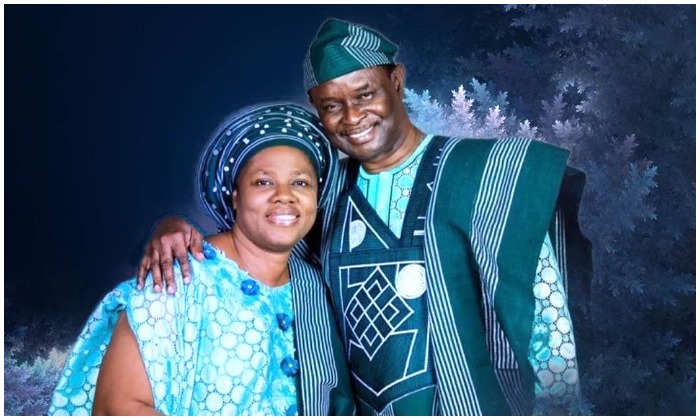If you grew up in the 1990s, the name “Mount Zion” probably resonates with you. This drama powerhouse, known for its numerous hit titles, has held a unique place in African cinema, particularly for its faith-centered storytelling that captivated audiences across the continent.
Mount Zion Production stands out as one of Nigeria’s most impactful tools for evangelism, anchoring itself as a monumental force during Nollywood’s golden era. Classic films like 1993’s Agbara Nla (Mighty Power), 1994’s Power Encounter, 1995’s Attacks from Home, 1997’s Blood Covenant, and 1998’s Just a Little Sin brought compelling, faith-centered narratives into countless Nigerian homes.
The list of impactful titles continues: The gods Are Dead (2000), Apoti Eri (Covenant Child, 2001), Enemy of My Soul (2003), Blood on the Altar (2005), and Fiwajomi (2009). Each film tells a story of how Evang. Mike Bamiloye, the creative mind behind Mount Zion, used his unique perspective to write, direct, and produce films that resonated with spiritual and cultural themes.
Playing in the background as I write is Evang. Gloria Bamiloye’s heartfelt rendition of Esu to ba gbe mi, the unforgettable soundtrack from Just a Little Sin (1998). Watching her emotional performance, I am reminded of Loren Allred’s Never Enough from The Greatest Showman—a powerful, earnest delivery that captivates audiences.
One could compare Mount Zion to Wale Adenuga Production (WAP), another iconic Nigerian brand. While WAP focused on general life lessons through serialized television, Mount Zion thrived during the home video era, dedicating its mission to faith-based storytelling.
The Mount Zion Identity
Since its founding in 1985, Mount Zion has created a recognizable brand identity. The company’s work embodies the values of the Scripture Union (S.U.) movement, using conservative dialogue, respectful interactions, and a reserved portrayal of “bad characters.” The majority of the team being married also limited public displays of affection (PDA) on-screen, keeping the films aligned with the ministry’s values.
While other Nollywood films like Karishika and Living in Bondage featured spiritual themes, they retained mainstream Nollywood traits, as did experimental films like Domitila, Glamour Girls, and Igodo. Mount Zion, however, offered a family-friendly alternative that appealed to audiences who valued conservative Christian principles.
Transgenerational legacy
Over the years, Mount Zion has achieved what few indigenous studios in Nigeria have managed: enduring legacy and lasting influence. This legacy is reflected in three key achievements:
- Inspiration: Mount Zion inspired a generation to pursue careers in acting, music, and other creative arts, even when rewards were modest. The popularity of church drama groups and the rise of the Alfa Sule troupe in the late 2000s showcase Mount Zion’s influence on the Christian creative community.
- Incubation: Many actors and creative talents got their start with Mount Zion before branching out to launch their own ministries and productions, using the skills and experiences gained to impact their communities.
- Transgenerational impact: Perhaps the most remarkable achievement is Mount Zion’s successful handover to a new generation. Evang. Mike Bamiloye has entrusted production to his sons, Damilola and Joshua Mike-Bamiloye, who have elevated production quality and expanded its reach. Recent titles like Abattoir (now in its fifth season), Abejoye (in its sixth season), and Enoch (2023) have connected with new audiences by blending tradition with innovation.
With new faces, a wider range of stories, and active involvement from the Mike-Bamiloye family, Mount Zion is well-positioned for the future, much like the transition seen in the Alfa Sule drama ministry group.
As the Nigerian entertainment industry attracts global attention, key questions arise. What does the future hold for faith-based content? How will these organizations balance conservative and progressive values? How prepared are faith-based groups for collaborations with global platforms like Netflix, Prime Video, and Disney+?
Finally, in a world where entertainment shapes ideologies, what role will faith-based creators play?





































Discussion about this post